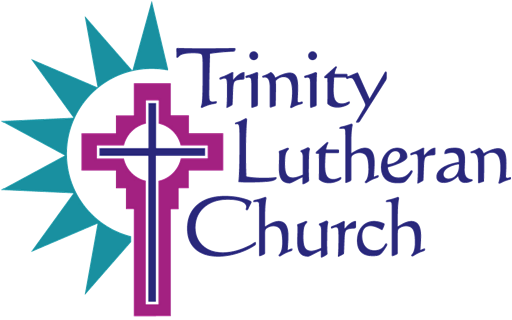
Happy 250th birthday to Amazing Grace!
A popular hymn celebrates its 250th birthday this year: John Newton (1725-1807) wrote Amazing Grace in early 1773. Newton’s remarkable life journey included time as a sea captain and slave trader. During a storm at sea, he converted to Christianity and later became an Anglican minister and anti-slavery activist.
In its first printing, Amazing Grace appeared with the heading “Faith’s review and expectation” and a scripture reference of 1 Chronicles 17:16-17:
16 Then King David went in and sat before the LORD and said, “Who am I, O LORD God, and what is my house, that you have brought me thus far? 17 And this was a small thing in your eyes, O God. You have also spoken of your servant’s house for a great while to come, and have shown me future generations, O LORD God!
The five stanzas found in our hymnal (LSB 744) show how God has marvelously brought Newton (and us, as the first-person singers) “thus far,” like King David:
- Newton/the singer is “a wretch,” “lost” (like the prodigal son, Luke 15) and “blind” (see John 9:25), but God saved him.
- God “promised good,” looking forward beyond a past life as a wretch.
- God brought him “safe thus far” through “many dangers, toils, and snares.”
- When he dies, God’s grace will “prevail” in the joy of heaven.
- Our praise will continue beyond death into eternity.
Although stanza five fits nicely into this progression, it was not part of Newton’s hymn. It is an anonymous stanza, written as part of “Jerusalem, My Happy Home” (LSB 673).
Our hymnal omits Newton’s original stanza two, which may confuse Law and Gospel by “making God’s saving grace in Christ—rather than the righteous demands and just condemnation of God in His Holy Law—the source of anxious fear and dread.” It also problematically focuses on the moment (“hour”) of Christian conversion rather than the cross:
‘Twas grace that taught my heart to fear,
And grace my fears reliev’d;
How precious did that grace appear,
The hour I first believ’d.
Interestingly, this beloved hymn doesn’t mention Jesus Christ or the ways a believer receives this amazing grace (Baptism, the Lord’s Supper, the Word of God). Folk singer Joan Baez even stated that she “never thought of it as a Christian song.” What does that mean for us as Christians? Due to the song’s popularity beyond our walls, we may experience it in other contexts and find opportunities to share the fuller story of grace: “The incarnation, death, and resurrection of Jesus Christ the Son, who atoned for the sins of all the wretches in the world, is God’s grace at its most amazing.”
–adapted from Lutheran Service Book: Companion to the Hymns

